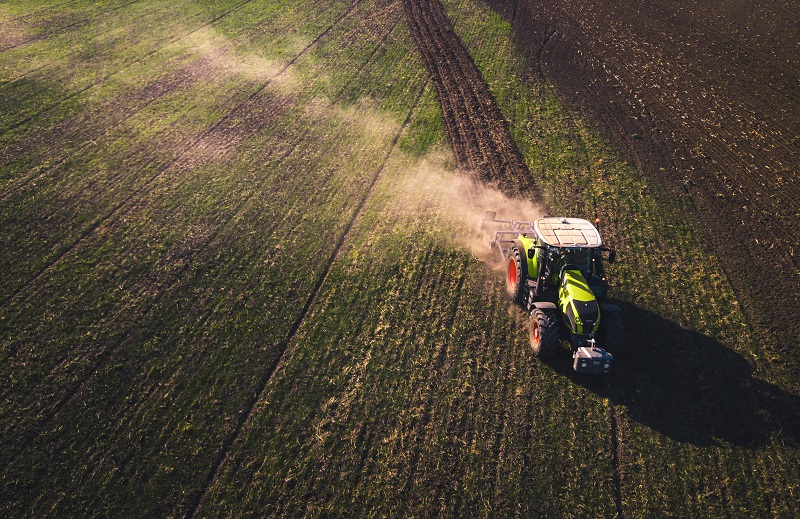Crop biotechnology like gene editing has enabled an increase in global food, feed, and fiber production of nearly 1 billion tons between 1996-2020, according to a new study from PG Economics. This has decreased the environmental footprint of food production by 17.3%, thanks in part to a 748.6 million kilogram reduction in use of crop protection products, like insecticides.
The report also states that “crop biotechnology has significantly reduced agriculture’s greenhouse gas emissions by helping farmers adopt more sustainable practices such as reduced tillage, which decreases the burning of fossil fuels and retains more carbon in the soil.”
For example, with less tilling, farmers reduced fossil fuel use from 1996-2020, thereby reducing carbon emissions by 39.1 billion kilograms (43 million tons). This is equivalent to removing 25.9 million cars from the roads.
How biotech benefits farmers
“Over the 1996-2020 period, farmers in developing countries received $5.22 as extra income for each extra dollar invested in GM crop seeds, whereas farmers in developed countries received $3 as extra income for each extra dollar invested in GM crop seeds,” continues the report.
“The net farm level economic benefit was just under $18.8 billion in 2020, equal to an average increase in income of $103/hectare. From 1996 to 2020, the net global farm income benefit was $261.3 billion, equal to an average increase in income of $112/hectare,” according to the report.
Making land more productive means less new land needs to be cultivated for agriculture, explains Good Day BIO.
How biotech benefits the environment
“Increasing food security involves not only growing more food and improving crop nutrition but also quickly breeding crops to thrive under changing weather patterns,” says an opinion piece in Foreign Policy last month, which argued in favor of passage of the UK’s Genetic Technology Bill.
Good Day BIO reports that this bill would make it easier for researchers to test-grow gene-edited crops.
Why we need to improve biotech regulatory frameworks
President Biden’s new biomanufacturing executive order announced last month makes regulatory changes that are necessary to assist the United States to realize the benefits of biotechnology for agriculture. However, in a recent letter to the administration, the Biotechnology Innovation Organization (BIO) highlights specific adjustments that are required.
BIO argues that solutions such as carbon capture and nitrogen-fixing cannot be easily commercialized due to the fundamental regulatory challenges they face. Therefore, clear regulatory frameworks are essential.
BIO also seeks clarity regarding the non-plant genetically engineered organisms that might fall under the APHIS’s Part 340.
APHIS must harmonize its innovation policy with the EPA and the FDA, BIO adds.




